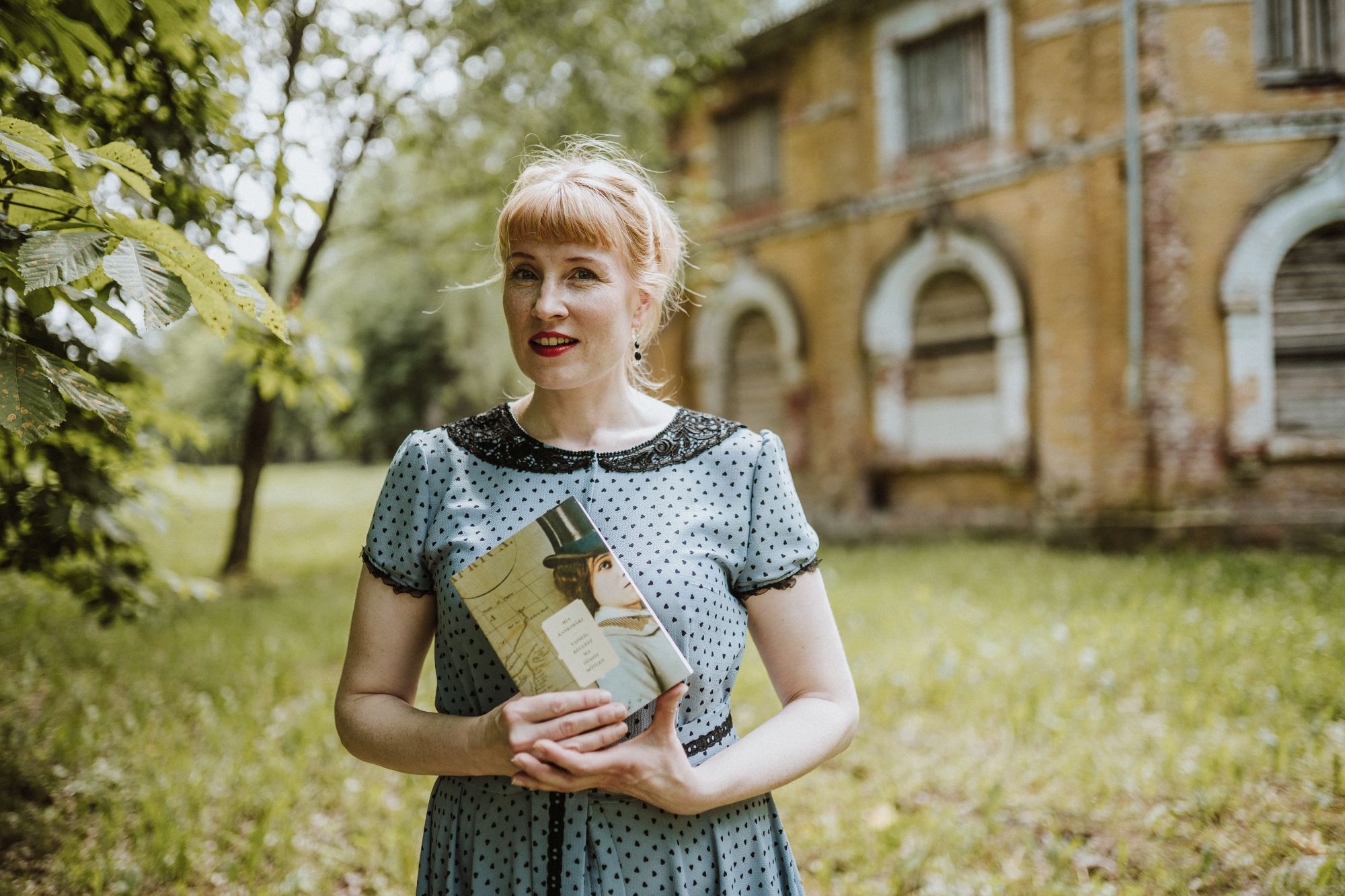“There is a strong culture around reading in Estonia. I believe that it actually strengthened when Estonia was a part of the Soviet Union because books were so cheap. Books were a cultural product that was supported and by reading you could advance your own language. Authors even hid different messages about the Estonian language and people in their books.
Also, children in Estonia read a lot. The school system is based on the fact that children know how to read before they start in school. In primary school, children read four to six short books a year but already in the upper comprehensive school they read eight books a year.
What the children read depends a lot on the teacher. Books vary from Robinson Crusoe to Tolkien. In high school, you move on to Shakespeare and Puškin. They really start reading classics at a young age in Estonia.
Libraries in Estonia are active in organising different reading-inspired happenings and reading challenges. And for example, a local school here in Tartu organises a competition where the pupils compete against each other on who can write the best review for a novel.
The Finnish Institute in Estonia collaborates with Finnish teachers and we organise for example workshops at schools. We also run a hybrid book club and a reading diploma programme for children, as well as organise book raffles and quizzes to present Finnish literature.
Literature in many forms has been a big part of my life for a long time. This autumn, I am publishing my first poetry collection, called ‘The serial lover of Tartu’. It is a love letter for Tartu which is an old, lively, and bohemian city with a rich culture. The whole city has a warm heart, people who are interested in the culture know each other well, and especially spoken word and poetry slams are popular. The experience I have gotten when performing on a stage, and all the enthusiastic feedback from the audience, encouraged me to write my own poetry collection.
However, I have not always been into literature. Especially during high school, I felt I had to find myself. My good friend introduced me to Russian classics, and I instantly fell for them. That led me to German and French literature. I did not know much about current Finnish literature until I started to study literature at Tampere University.
After I graduated, I have had different jobs from studying cultural history to working as a translator. It was an accident that I ended up in Estonia. First, I participated in a Finnish-Estonian literature seminar, and a bit later, I ended up as an exchange student at the University of Tartu. There I had to manage all courses in Estonian.
I am still on that road. I have been in Tartu for 15 years now.”
Heidi’s most memorable reading moment:
“For me, the most memorable moments are those when you realize that you are not alone. Not alone with your thoughts and not alone with your problems. People have been struggling with the same issues for hundreds of years. Fiction can be a great comforter in difficult and uncertain times. Literature entertains us, works as a therapy, and helps us understand the world. Through literature, it is possible to feel different emotions and have experiences without risking anything in the real world.”
Heidi’s tip for Read Hour:
“Lucia Berlin’s (1936–2004) short stories have been translated a lot recently, and they are brilliant! Her A Manual for Cleaning Women is a modern classic that is full of events. Berlin’s texts are at the same time tragicomic and wild, but also very comforting.”



